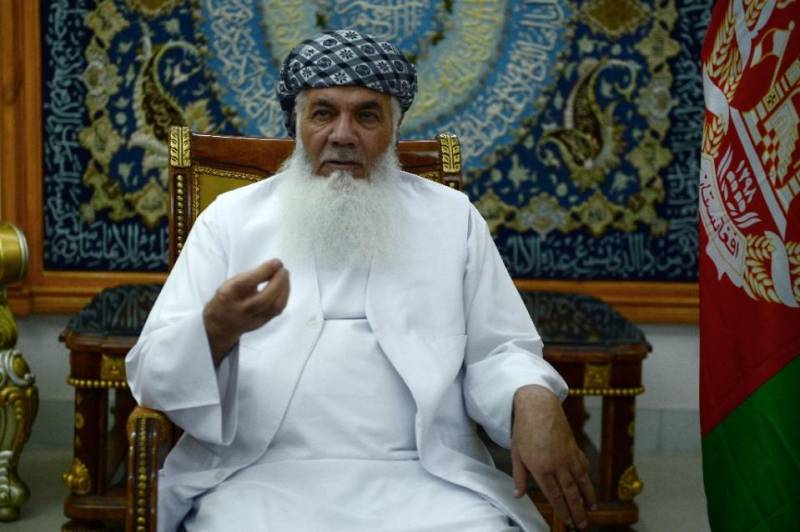Herat- Ismail Khan played a major role in Afghanistan's struggle against Soviet occupation, but the powerful warlord now accuses his country's government of sidelining him just as it faces up to the Taliban's obstinate insurgency.
Khan was once one of the most important commanders of the "mujahideen" fighters who battled to expel the Soviets from Afghanistan in the 1980s.
The 68-year-old is still a force to be reckoned with in western Afghanistan, and in an interview in the city of Herat, he railed against the administration of President Ashraf Ghani.
Sat in a huge armchair in his reception room, the white-bearded commander said sidelining the leaders of the anti-Soviet resistance had created unnecessary divisions in the country.
"The jihadi leaders are not in the government and it (has) created distrust among the people and led to insecurity in Afghanistan," he said.
For Khan and some of the other big hitters of the anti-Soviet fight, a power-sharing deal agreed following bitterly disputed presidential polls in 2014 has left them out in the cold.
They include influential Islamist leader Abdul Rasul Sayyaf, the powerful governor of Balkh province and northern strongman Mohammad Atta Noor, former vice-president Yunus Qanooni and former Nangarhar provincial governor Gul Agha Sherzai.
Instead Ghani has passed more power on to a new generation, with a few exceptions -- such as the redoutable and indefatigable old Uzbek warlord Rashid Dostum, now the first vice-president under Ghani.
Khan was water and energy minister under previous president Hamid Karzai and was disappointed at not being allowed to continue when Ghani took over.
To add to his frustration, the new interior minister Noor ul-Haq Ulumi is a former military commander in the former Afghan communist regime that the Soviets propped up -- the sworn enemy of the mujadhideen.
When the Soviets pulled out in 1989, the mujahideen descended into bloody factional fighting, beginning a bloody civil war that opened the way for the emergence of the Taliban, who seized power in 1996.
In a ceremony last month to mark the defeat of the Soviets, Ghani referred to the internecine bloodshed of the 1990s, lamenting that Afghanistan has not managed to stay unified and peaceful.
In the same speech Ghani said he wanted to listen to the advice of old commanders, but Khan is unconvinced.
"The current government does not have legitimacy... it's a government created based on compromise, imposed on Afghans by US foreign secretary John Kerry," he said.
Khan has been criticising Ghani's policies unrestrainedly in recent interviews with foreign media.
Like many in Afghanistan he is deeply wary of the president's willingness to pursue rapprochement with Pakistan, the Taliban's historic backers.
Ghani wants Pakistan to use its influence to bring the Taliban to the negotiating table, but little substantial progress on this front has been made.
"President Ghani is getting closer to Pakistan and trusting Pakistan more, and this has made the mujahideen really worried," he said.
"We believe Pakistan is never sincere about peace talks, and will not bring the Taliban to the negotiating table."
He also criticised the government's strategy for fighting the Taliban, who are inflicting heavy losses on Afghan forces and are still able to carry out suicide attacks, particularly in Kabul.






